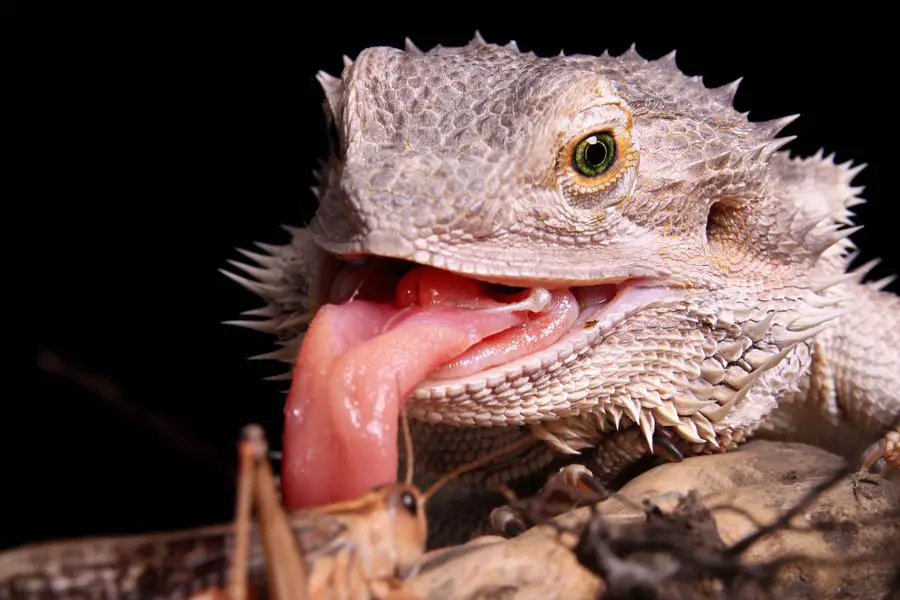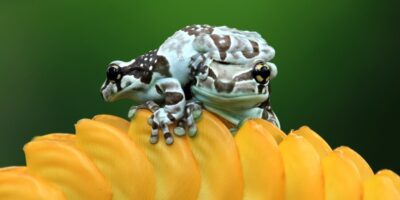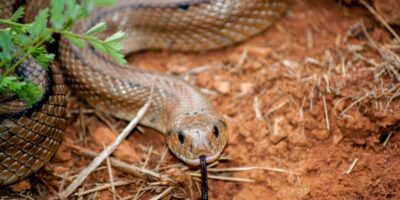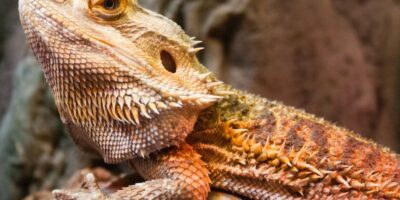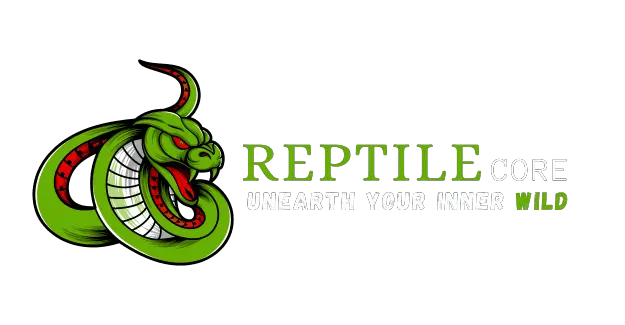Bearded dragons, beloved reptile companions, captivate enthusiasts with their varied diets. A balanced, nutritious diet is crucial for their overall well-being. Unveiling the dynamics of this interaction sheds light on optimal care practices for these fascinating creatures.
Understanding The Bearded Dragon Diet
In the wild, bearded dragons exhibit an omnivorous diet, consuming a diverse range of insects, vegetables, and fruits. Insects such as crickets, mealworms, and roaches constitute the primary protein source, fostering muscle development and energy. Vegetables like dark leafy greens and colorful fruits contribute essential vitamins and minerals, supporting overall health.
This omnivorous inclination emphasizes the importance of replicating their natural feeding habits in captivity, ensuring a well-rounded diet for captive bearded dragons. Understanding their wild diet becomes crucial in providing optimal nutrition and promoting the physical and mental well-being of these captivating reptilian companions.
Importance Of Providing Variety Of Food
Replicating the diverse diet of bearded dragons in captivity is paramount for their health and vitality. Offering a variety of foods mirrors their natural feeding habits, promoting nutritional balance. Recommended insects such as crickets, dubia roaches, and mealworms provide essential proteins and nutrients. This dietary diversity not only supports their physical well-being but also stimulates mental engagement, ensuring a thriving and contented life for these fascinating reptile companions.
The Appeal Of Grasshoppers
Grasshoppers serve as a nutritious addition to a bearded dragon’s diet, offering a rich source of protein, essential vitamins, and minerals. High protein content aids in muscle development, while vitamins like A and D contribute to skin health and calcium absorption. The mineral composition, including phosphorus, complements the calcium needs crucial for bone strength.
Additionally, incorporating live prey, such as grasshoppers, provides mental stimulation for bearded dragons. The act of hunting and capturing live insects not only satiates their instincts but also offers valuable exercise, promoting agility and overall physical well-being. This interactive feeding approach mimics their wild environment, enhancing the mental and physical health of bearded dragons, and making grasshoppers a wholesome and engaging component of their balanced diet. However, cautious consideration of sourcing and gut-loading practices is essential to ensure the safety and optimal health of these captivating reptilian companions.
Potential Risks And Considerations
Feeding bearded dragons grasshoppers presents potential risks, notably pesticide exposure. Insects sourced from external environments may carry pesticides, herbicides, or other harmful chemicals, posing a threat to the reptile’s well-being. To minimize these risks, it is crucial to obtain insects from reliable sources, such as pet stores or reputable breeders, who ensure proper husbandry practices and safe feeding.
Alternatively, cultivating insects at home provides greater control over their environment. Thoroughly washing and gut-loading insects before feeding helps reduce the likelihood of pesticide ingestion. Regular veterinary check-ups become essential for monitoring the bearded dragon’s health and promptly addressing any concerns arising from potential pesticide exposure. Overall, diligence in sourcing and preparing grasshoppers is pivotal to safeguarding the reptile’s health.
Gnetea Outline And Its Role
Gnetea refers to the nutrient composition, particularly calcium and phosphorus balance, in the context of a bearded dragon’s diet. Calcium and phosphorus are crucial for bone health, egg formation in females, and various metabolic functions. Grasshoppers, being rich in calcium, contribute significantly to the Gnetea Oultine. Incorporating them into a bearded dragon’s diet enhances the reptile’s calcium intake, promoting skeletal strength and overall well-being.
Moderation and variety are key guidelines in implementing Gnetea Outline. While grasshoppers offer valuable nutrients, an excessively high intake may lead to an imbalance in calcium-phosphorus ratios, potentially causing metabolic bone disease.
To avoid such health issues, it is essential to diversify the diet with other insects, vegetables, and fruits. Offering a variety of food ensures a well-rounded nutrient profile, addressing the diverse nutritional needs of bearded dragons. Consulting with a veterinarian can provide tailored advice, ensuring a balanced diet that adheres to the Gnetea Oultine and supports optimal health for these captivating reptilian companions.
Feeding Guidelines
Feeding guidelines for bearded dragons include considerations for offering grasshoppers in a manner that aligns with their nutritional needs. The optimal sizes of grasshoppers should be proportionate to the bearded dragon’s size, ensuring they are neither too large to cause choking nor too small to be insignificant. A general rule of thumb is to feed insects that are no wider than the distance between the bearded dragon’s eyes.
Frequency is another crucial aspect a varied diet is essential, and grasshoppers should be only one component. A well-balanced diet may consist of insects, leafy greens, and fruits, each contributing to the reptile’s overall nutrition. Offering grasshoppers a few times a week, alongside other suitable foods, helps maintain dietary diversity.
Observing the bearded dragon’s behavior, appetite, and overall health is paramount. Adjustments to feeding frequency or sizes may be necessary based on individual preferences and conditions. Consulting with a veterinarian can provide personalized insights, ensuring a tailored feeding plan that optimizes the health and vitality of these captivating reptilian companions.
Bearded Dragon’s Behavior And Health
It is crucial to keenly observe a bearded dragon’s behavior and health when introducing grasshoppers into their diet. Monitoring their response helps gauge the suitability of this food source. Signs of well-being include active foraging, healthy weight maintenance, and a vibrant appearance.
Conversely, any lethargy, weight loss, or abnormal behavior may indicate potential issues. Individual preferences can vary, so noting the reptile’s response to grasshoppers aids in adjusting their diet for optimal health.
Regular health assessments, along with a diversified diet, contribute to a holistic approach in ensuring that grasshoppers complement the bearded dragon’s nutritional requirements without causing any adverse effects. If any concerns arise, consulting with a reptile veterinarian is advisable for tailored guidance.
Conclusion
In conclusion, ensuring the well-being of bearded dragons hinges on a balanced and varied diet that mirrors their natural feeding habits. The inclusion of grasshoppers, while rich in nutrients, should be part of a diverse menu that encompasses insects, vegetables, and fruits. Striking this balance is crucial for their overall health and vitality.
However, the individual needs and responses of each bearded dragon may vary. Therefore, a reminder is apt: consult with a knowledgeable veterinarian or reptile specialist to tailor feeding recommendations specifically to your pet. Their expertise will provide personalized advice, guaranteeing a diet that enhances the flourishing life of these captivating reptilian companions.
